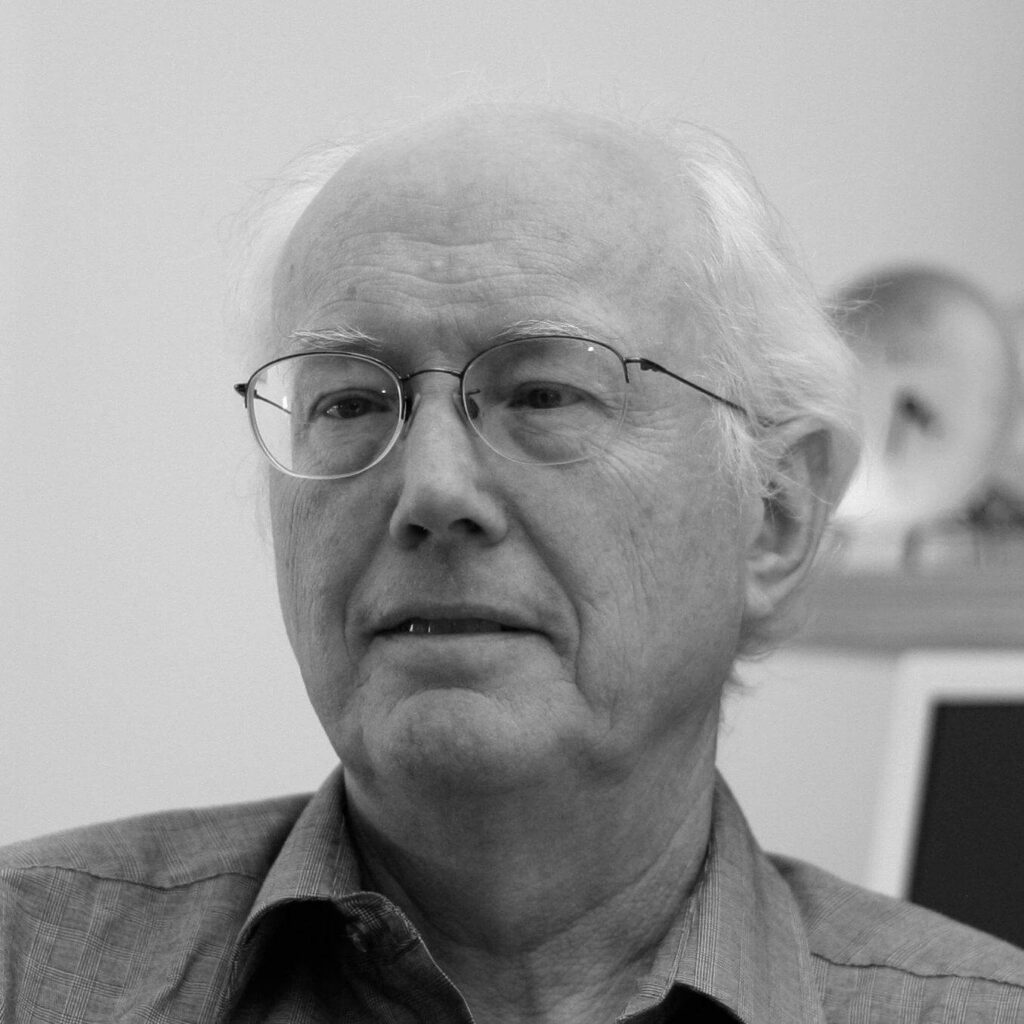DSNP
DSNP stands for Decentralized Social Networking Protocol, which is an open protocol and potential standard for social networking and social media. It is not owned or controlled by any one person or company, allowing anyone to build on it or use it. DSNP is stewarded by Project Liberty Institute, a 501(c)(3).
The protocol can be implemented by platforms, organizations and governments to create integrated digital networks across diverse sectors such as e-commerce, mobility, education, social media, and more. Potential use cases include:
| Ride Sharing | DSNP could enhance trust in mobility by enabling rider and driver ratings and interoperability. This could lead to safer and more reliable transportation experiences across different platforms. |
| Commerce | By leveraging DSNP for commerce, it is possible to establish trust scores for sellers and products, based on verified user ratings and reviews of products, sellers and buyers. This system would combat the issue of fake products and reviews, helping consumers make more informed purchasing decisions. |
| Creator Economy | DSNP enables creators to manage their identity to avoid being deplatformed, connect directly with their audiences, and improve monetization. Users can find creators anywhere with a universal handle and engage with creators across apps through interoperability. |
| Sports & Entertainment | DSNP can foster fan engagement by allowing fans to interact directly with teams and events through decentralized social interactions. This could include voting on game decisions, digital collectibles, or interactive content, all enhancing the fan experience and building trust. |
| Music | DSNP can help artists to own and manage their identity and social graph. Participants can own and control their music and media with their digital ID. |
| Social Media | DSNP addresses core issues in social media by allowing users to own and control their data and social graph independently of any specific platform. This user-centric approach enables true data portability and freedom of choice, fostering a healthier and more equitable digital social ecosystem as well as better economics. |
DSNP FAQ:
What is DSNP?
DSNP stands for Decentralized Social Networking Protocol, which is an open protocol and potential standard for social media. It is not owned or controlled by any one person or company, allowing anyone to build on it or use it.
What is an open protocol?
An open protocol is a well-defined way of doing things that is used to make it easier to work together. The reason you can plug any kind of appliance in your country into any socket in your house is that there is an underlying standard that defines how these things work. An official/government group got together and defined the standard for electrical power in your country. Open protocols are like standards except anyone can contribute to them and they are often not enforced by law. Protocols may eventually become more formalized as standards.
Why don’t people have any choice or awareness of how their data is used on current social media platforms?
Most social media platforms don’t cost people any money, but that doesn’t mean these social media platforms are free. Most social media platforms make money by collecting vast amounts of data about each customer such as their age, sex, and location. This data is often packaged and sold to other companies, and it is used to target ads for each customer. How and why this data is used is mostly unclear to users, and this data may be used even after they choose to leave a social media platform.
What is a social graph?
In a social media platform, your social graph represents all of the connections and relationships you have on that platform. This would include those people and channels you follow as well as your followers and any friends you have on the platform. As you spend time on a social media platform, this web of relationships becomes a very important part of your user experience and the value you get from being a member.
How can users get trapped on a social media platform?
Currently, social media is dominated by a few companies and platforms like Facebook, Instagram, X (formerly Twitter), YouTube, and TikTok. People may choose among these companies and platforms to decide where they wish to connect with other people and share their content. And if users have friends on multiple social media platforms, they are forced to recreate their relationships on each one. Once a customer chooses a platform, they cannot move their friends or their content to another platform. They are essentially stuck there. If you choose to leave a platform or are kicked off a platform, you leave all of your relationships and content behind.
Why are DSNP users no longer trapped?
Traditional social media platforms work somewhat like mobile phone companies used to work. Initially, when you signed up with a cell phone company and got a number, you could not bring your cell phone number with you when you switched to another cell phone company. This meant if you wanted to change to a different cell phone company you had to leave your old number behind and call everyone you know to tell them your new number. Now, regulations ensure you can take your mobile phone number with you from provider to provider. In a similar way, users on the DSNP platform will be able to take their relationships (called their social graph) and their content with them from one DSNP application to another. This allows users to have a choice about their social media beyond the “like it or leave it” policy of most current social media platforms.

